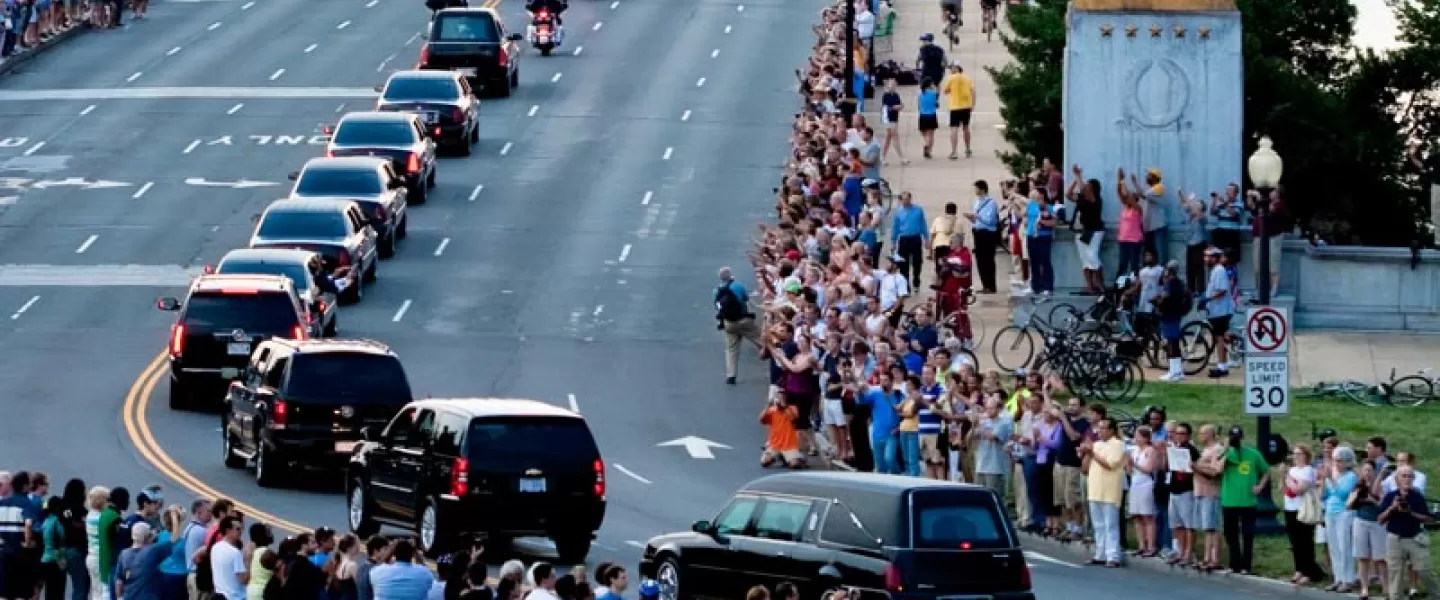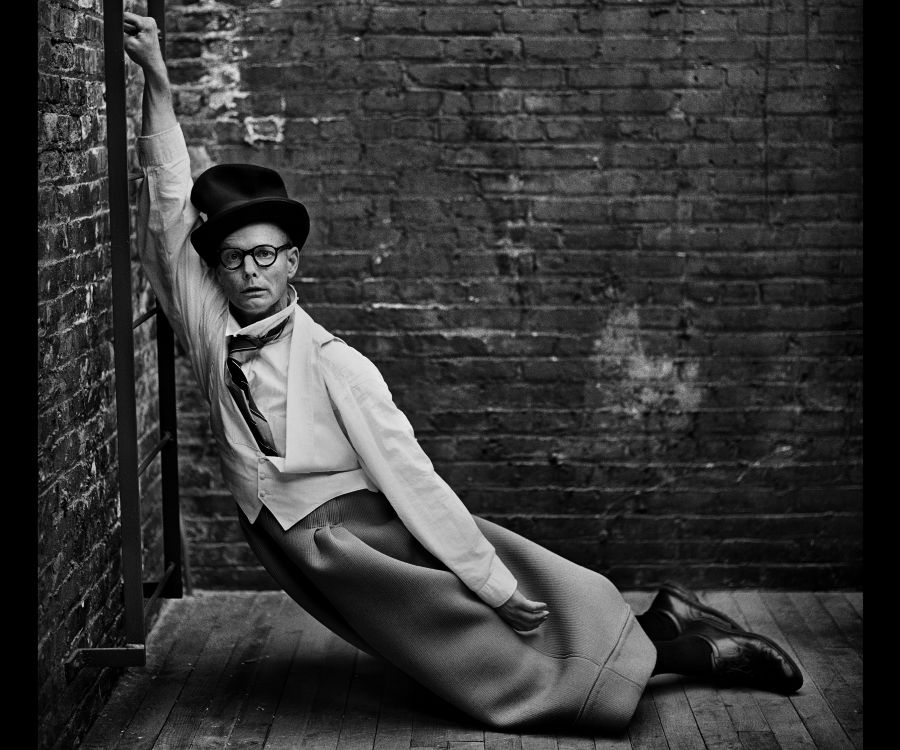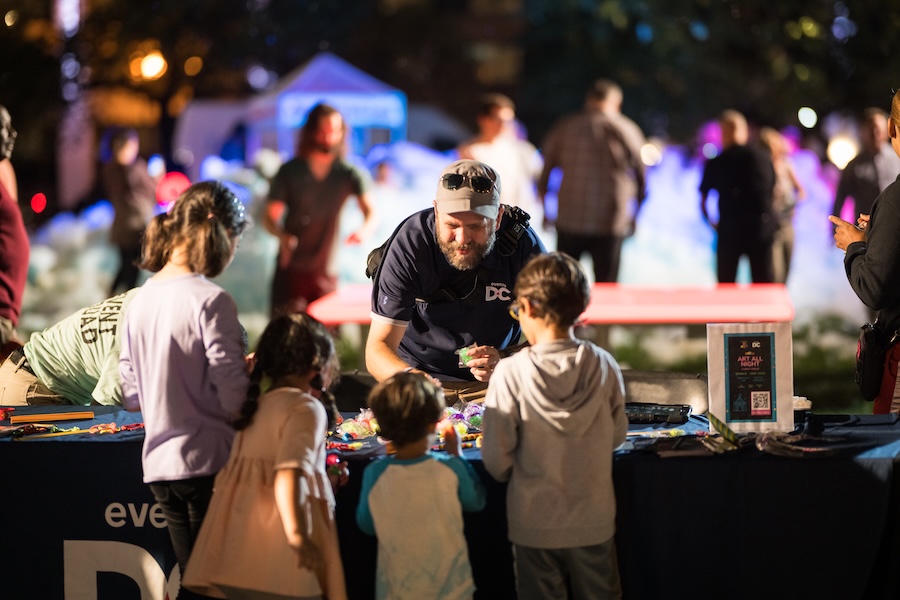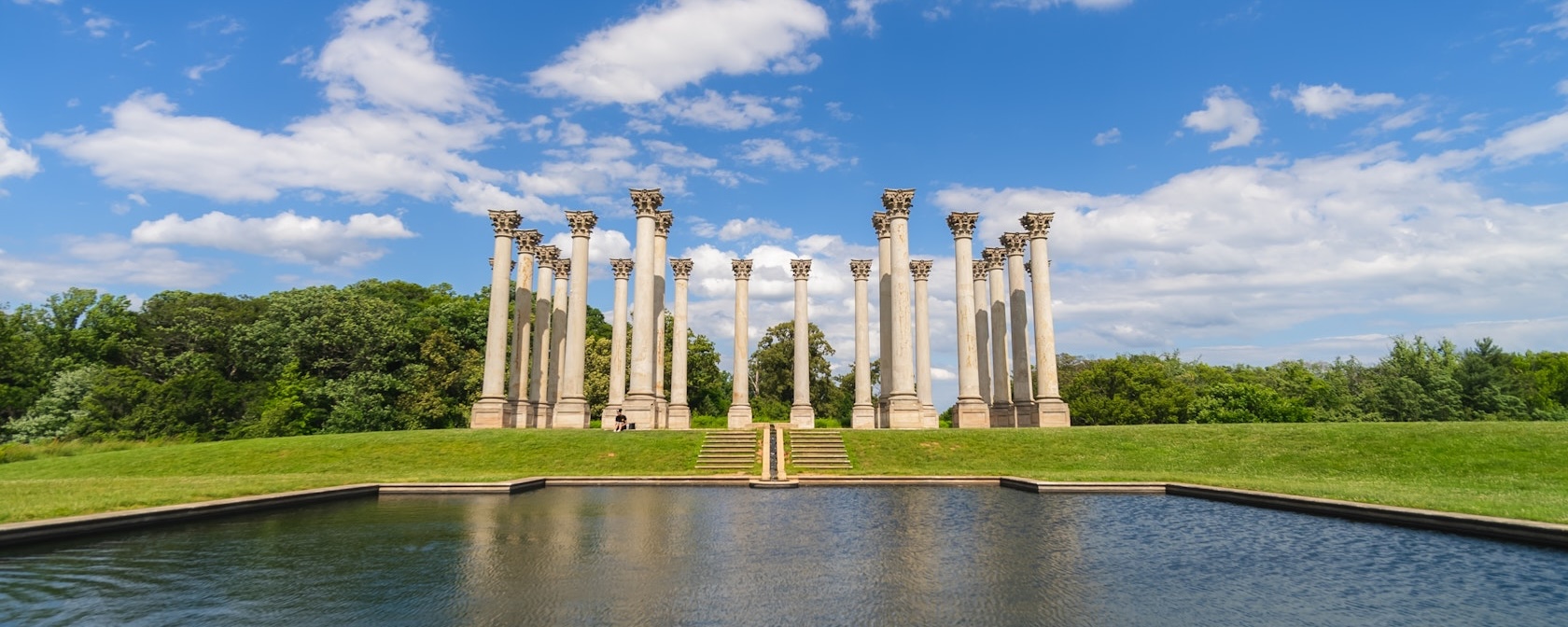Your guide to frequently asked questions about motorcades in the District.
Hey, what’s that blocking the street?
In Washington, DC, if you spot a bunch of police shutting down a major road, keeping pedestrians from crossing the street and helicopters circling overhead, chances are you’re about to encounter an official government motorcade, not spot Beyoncé. High-ranking cabinet members, the vice president, visiting heads of state and the president all merit these wheeled, high-security convoys organized and manned by the U.S. Secret Service. They range in size from a couple of SUVs to up to 45 vehicles for the president.
Where can I spot a motorcade?
You might see a motorcade anywhere around town, but the most likely zone to watch the president roll by is near Pennsylvania Avenue in Penn Quarter and downtown near the White House, where the motorcade commonly travels along – and stops traffic on – 16th Street NW or Connecticut Avenue NW.
How can you tell if it's the President of the United States in the motorcade?
POTUS travels in a specially fitted state car – currently a Cadillac limo-SUV hybrid nicknamed “The Beast.” The distinctive blocky shaped car has defensive, security and medical capabilities that are, well, secret. You’ll know it’s POTUS if the car is bearing twin American flags on either side of the hood.
Why all those other cars and SUVs?
Depending on the level of security the U.S. Secret Service deems is necessary (and again, they keep that mum), a presidential motorcade might have a couple of police cars, a high-tech ambulance, SUVs with anti-aircraft guns, cars for members of the press and more. It’s quite a spectacle, and a little intense (yes, those Secret Service agents have real weapons, and they’re trained to respond to threats in a split second). You can snap photos and wave at the president, but don’t run into the street or make sudden or threatening gestures: a motorcade might seem all pomp and circumstance, but security is its main function.
Even if you don’t catch POTUS and his or her ride, explore the presidency in DC by checking out these presidential things to do and stately dining experiences, visiting the White House or the Woodrow Wilson House, where the 28th president lived (and died) after his time at the White House.




